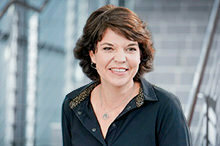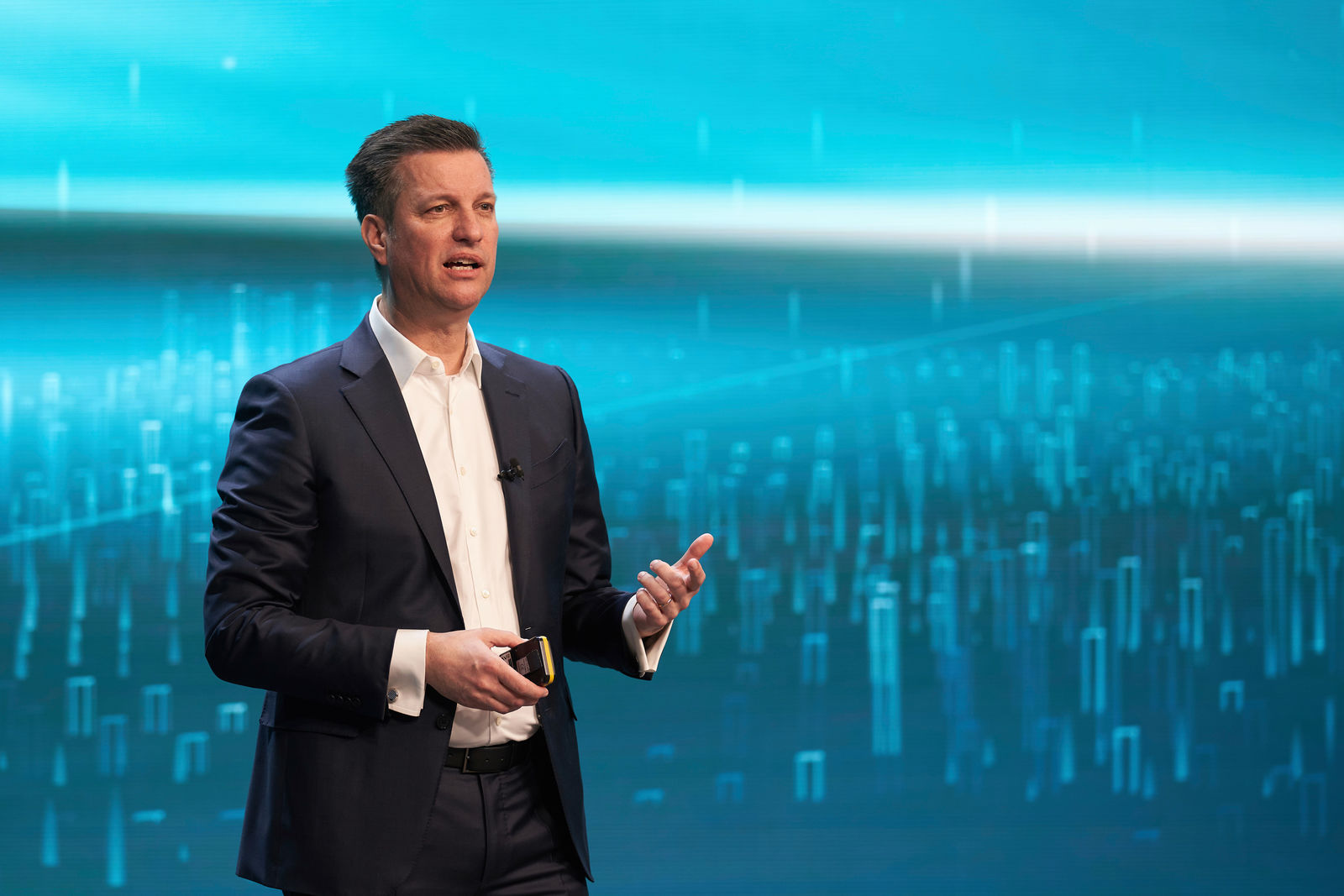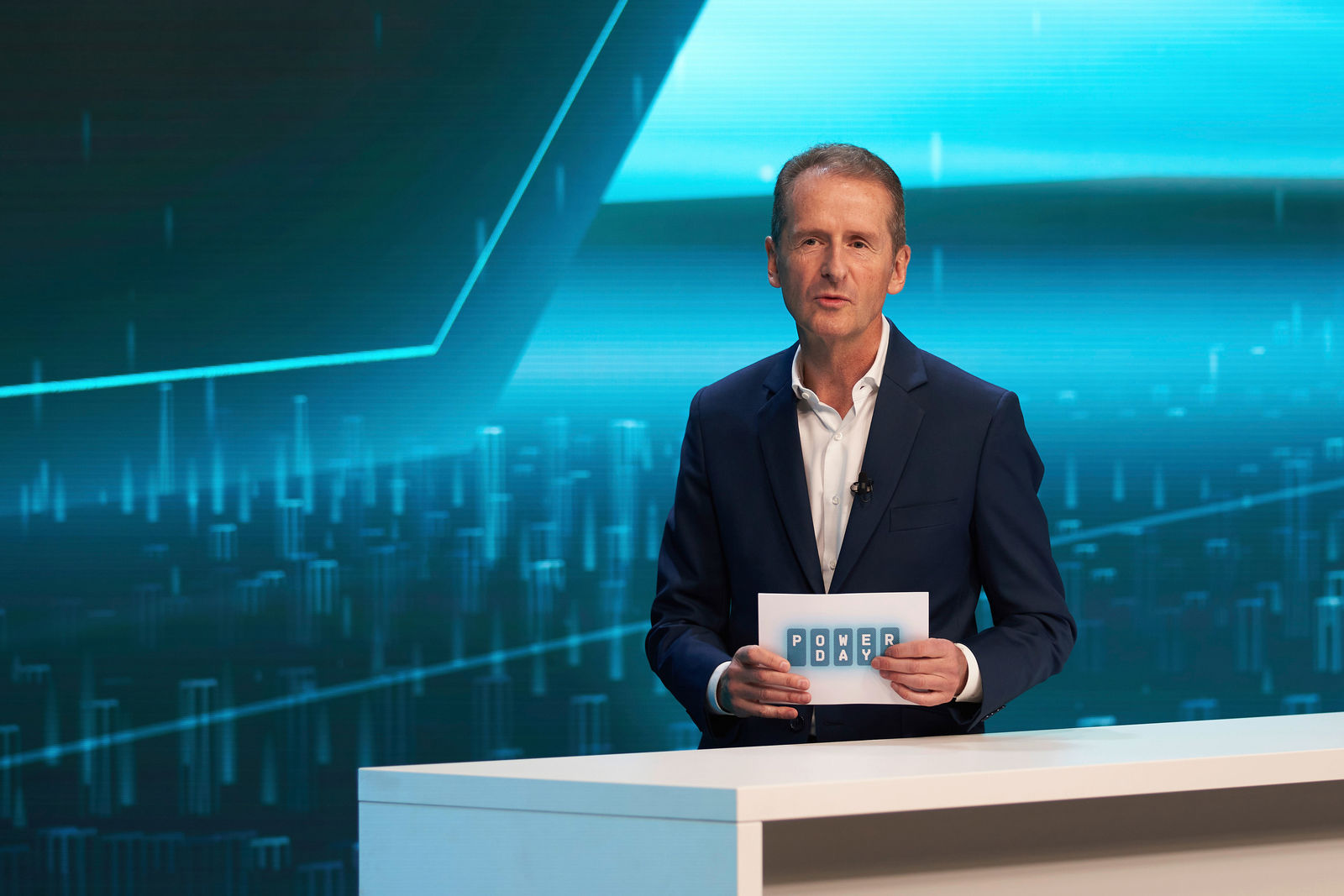New unified cell will deliver enormous cost savings from 2023
Volkswagen is striving to make significant advances with the battery system including all of its components right through to the cell. “We aim to reduce the cost and complexity of the battery and at the same time increase its range and performance”, says Thomas Schmall, Volkswagen Group Board Member for Technology. “This will finally make e-mobility affordable and the dominant drive technology.” Aside from the planned in-house production, significant cost benefits are expected primarily thanks to the new unified cell. It is set to be launched as of 2023 and will be installed across brands in up to 80 percent of all electric vehicles in the Group in 2030. Further savings will be delivered by optimising the cell type, deploying innovative production methods as well as consistent recycling. Volkswagen is thus aiming to gradually reduce battery costs in the entry-level segment by up to 50 percent and in the volume segment by up to 30 percent. “We will use our economies of scale to the benefit of our customers when it comes to the battery too. On average, we will drive down the cost of battery systems to significantly below €100 per kilowatt hour. This will finally make e-mobility affordable and the dominant drive technology”, says Thomas Schmall.
Integration of the value chain
In addition to the unified cell and the consistent expansion of in-house production, the Group’s new technology roadmap will also focus on integrating more steps along the value chain all the way through to industrial recycling. Together with selected strategic partners, Volkswagen therefore wants to secure the long-term supply of cells for its e-offensive. Advances in storage capacity and fast-charging capability are expected in addition to cost benefits. The new prismatic unified cell also offers the best conditions for the transition to the solid state cell – the next quantum leap in battery technology, which Volkswagen anticipates for the middle of the decade. The Group focuses consistently on strategic partnerships and efficient use of resources both for batteries and for charging. The Group is adhering to its strategic financial targets and continues to aim for a capex ratio of around 6 percent by 2025 and an annual clean net cash flow of more than €10 billion in its core automotive business.
Expanding the global fast-charging network: Partnerships with BP, Iberdrola and Enel
Volkswagen’s battery offensive is being accompanied by a large-scale expansion of the fast-charging network. Along with its partners, the company intends to operate about 18,000 public fast-charging points in Europe by 2025. This represents a five-fold expansion of the fast-charging network compared to today and corresponds to about one third of the total demand predicted on the continent for 2025.
This will be done through a series of strategic partnerships in addition to the joint venture IONITY. Volkswagen wants to establish about 8,000 fast-charging points throughout Europe together with BP. The fast-chargers with a charging capacity of 150 kW will be installed at a total of 4,000 BP and ARAL service stations, with the majority of these in Germany and Great Britain. In cooperation with Iberdrola, Volkswagen will cover main traffic routes in Spain. In Italy, Volkswagen wants to collaborate with Enel to establish the fast-charging network both along motorways and in urban areas. Volkswagen will invest about €400 million in the European programme as a whole by 2025, with further investments being borne by external partners.
Volkswagen is expanding the public fast-charging network in the US and China too. Electrify America is planning around 3,500 fast-charging points in North America by the end of the year. In China, a total of 17,000 fast-charging points are being targeted by Volkswagen by 2025 through the CAMS joint venture.
Volkswagen is making the electric car part of the energy system
Volkswagen intends to integrate the electric car in private, commercial and public energy systems in the future. This will allow green electricity from the solar energy system to be stored in the vehicle and fed back into the home network if needed. Not only will customers be more independent of the public power grid, they will also save money and reduce CO2 emissions. Models based on Volkswagen’s own MEB platform will support this technology from 2022. Volkswagen will also offer a complete package with all modules and digital services – from the bidirectional wall box to energy management. The technology is soon to be used also on a larger scale – for example in residential buildings, businesses or in the general power grid.











